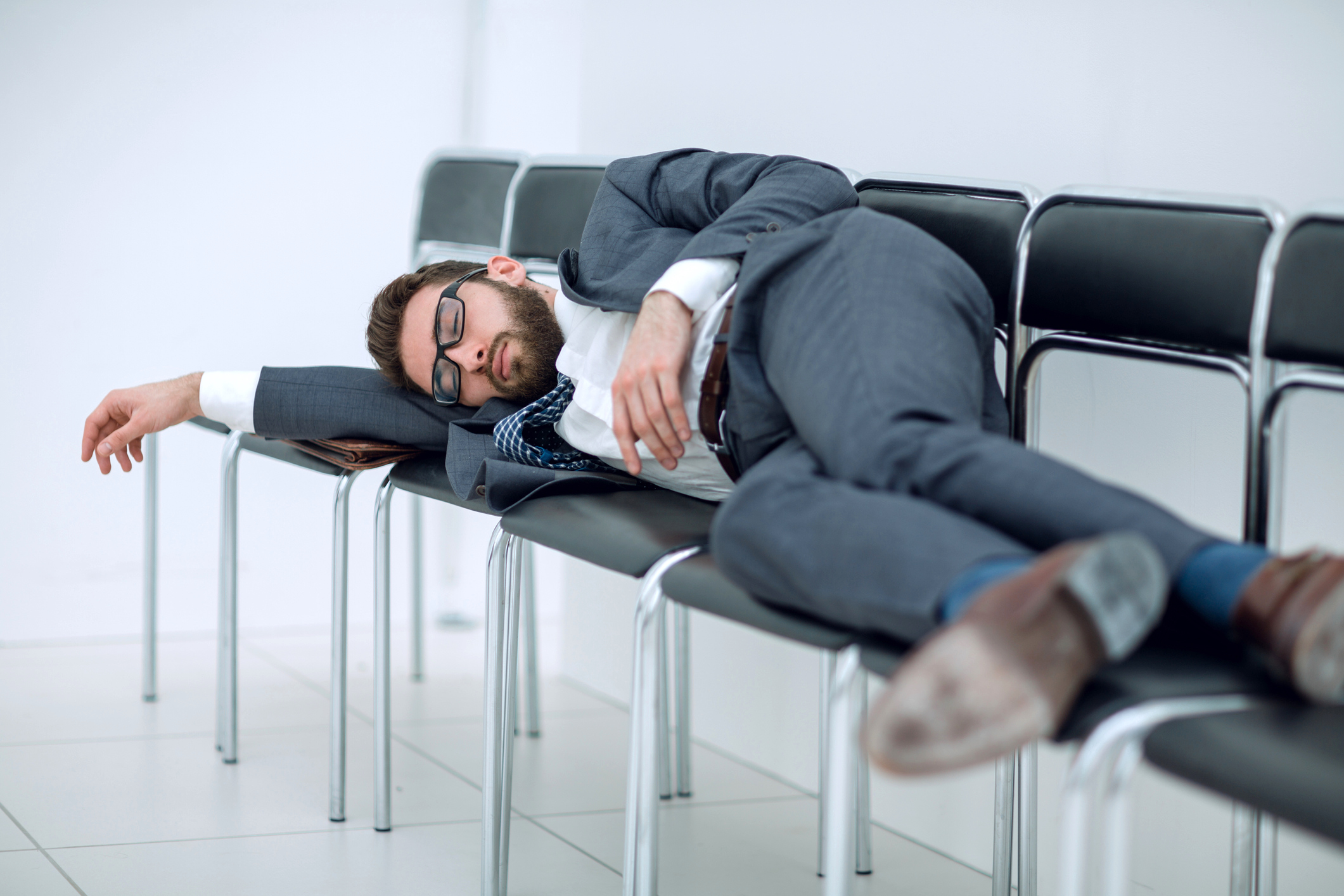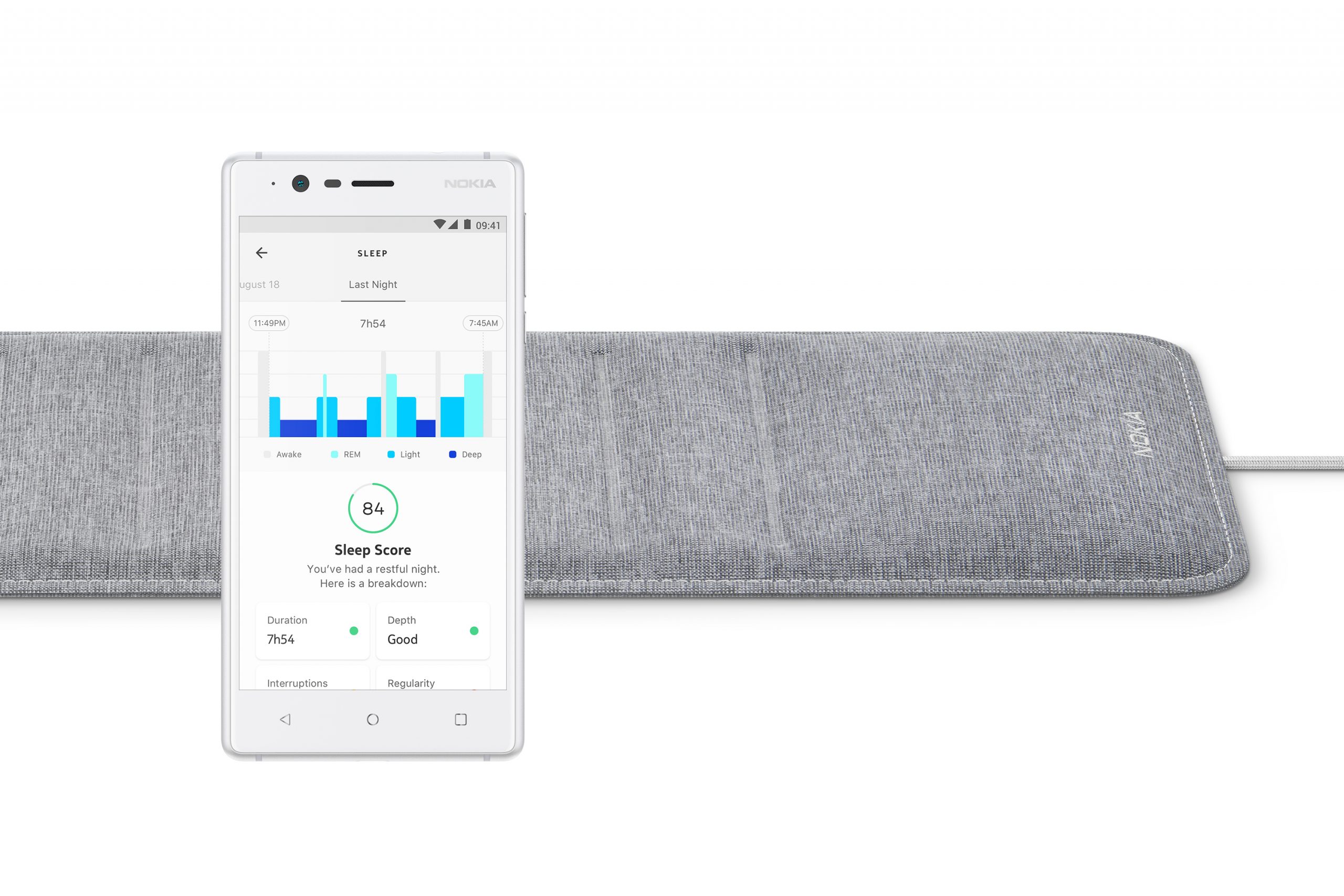
Are you a bit of a zombie when the afternoon rolls around? It may be time to consider the benefits of a midday snooze.
From Spanish siestas to nap pods, the workplace trend that’s smashing the snooze ceiling in New York City, napping seems to be having a bit of a moment, not least because there are a ton of new studies suggesting that the benefits of napping could be significant. We explore the science behind the humble nap, and try to work out once and for all whether a quick trip to dreamworld is really the wellness salve it’s cracked up to be.
Why do we need naps anyway?
On the whole, humans are monophasic sleepers, which means that our days are divided up into two periods: wakefulness and sleep. However, it’s not totally clear whether this is the natural sleep pattern of humans, or whether it’s something that has developed as a result of societal changes. After all, there are many societies throughout the world where napping plays an important role, indicating that these “natural” sleep patterns may not be quite so “natural” after all.
In fact, the historian A. Roger Ekirch has argued that prior to the industrial revolution, humans were largely biphasic, which means that they slept in two distinct chunks intersected by a couple of hours of wakefulness, rather than one long stretch of sleep. Over the course of his research, Ekirch found that by the end of the 17th century, references to two distinct phases of sleep were beginning to disappear, and by the early 20th century, the concept of segmented sleep had almost totally vanished.
So, what does this tell us? After all, if people have been making do with monophasic sleep for hundreds of years, is there really any need to change things up? Well, maybe not, but before we completely dismiss the benefits of napping, it’s important to consider the increasingly sleep-deprived state of the modern world.
Ideally, everyone would get their uninterrupted eight hours and there would be very little need for an afternoon nap. Unfortunately, that’s not the way it works. Everyone has busy lifestyles, and according to the CDC, one in three adults aren’t getting enough sleep. In fact, the problem is so serious that the CDC described insufficient sleep as a “public health epidemic,” linking it to a wide range of health issues, including obesity, cancer, and hypertension. Clearly, something needs to change. Enter the long-forgotten (at least in the western hemisphere) concept of napping.
Are naps healthy?
The benefits of napping are pretty extensive, with studies suggesting that a brief catnap in the middle of the day could provide a range of health boons, including improved memory and reduced stress. Studies have shown that a daytime doze may also be good for your heart health, with a nap of just 45 minutes helping to lower blood pressure rates after mental stress.
Other studies have shown that napping can help to improve attention—which naturally dwindles as the day goes on—ensuring that people are able to stay focused and alert over the course of the day. In fact, fMRIs have shown that people who nap actually have a higher level of brain activity throughout the day than people who don’t. There’s also evidence that napping just makes us feel good, pure and simple, with regular nappers reporting that they feel sharper and have better moods now that they’re catching an extra forty winks.
But aren’t there significant health risks?
Well, that’s what some studies will tell you, sure, but it’s actually a little more nuanced than that. Studies linking napping to higher rates of mortality and type 2 diabetes are—at least to a certain extent—missing the point. Rather than see napping as the cause of these ailments, it makes much more sense to see napping as a symptom of an underlying problem. It’s the outstanding health issue that is doing the real damage, not the naps, per se.
It’s certainly true to say that studies indicating links between napping and health issues complicate the idea that naps are a universal good, but on the whole, it seems as if naps do have genuine health benefits that we’d be wise to take seriously. However, it’s also important to remember that everyone is different, and if you tend to wake up from naps feeling tired and groggy, you shouldn’t force yourself to take one.
So, are naps healthy? It seems fairly clear that catching a few extra Zzzs every now and then may have awesome implications for your health. Decided to give napping a go? Head on over to our 3 Tips for a Restful Nap post, and find out exactly how you can create the perfect napping environment.



